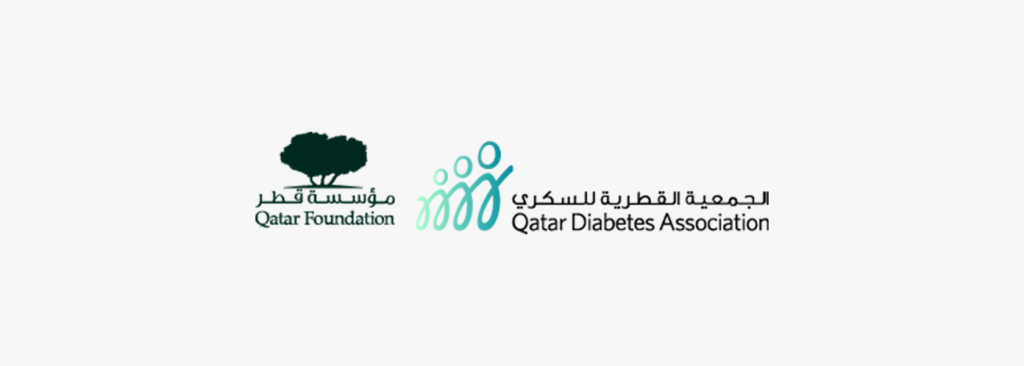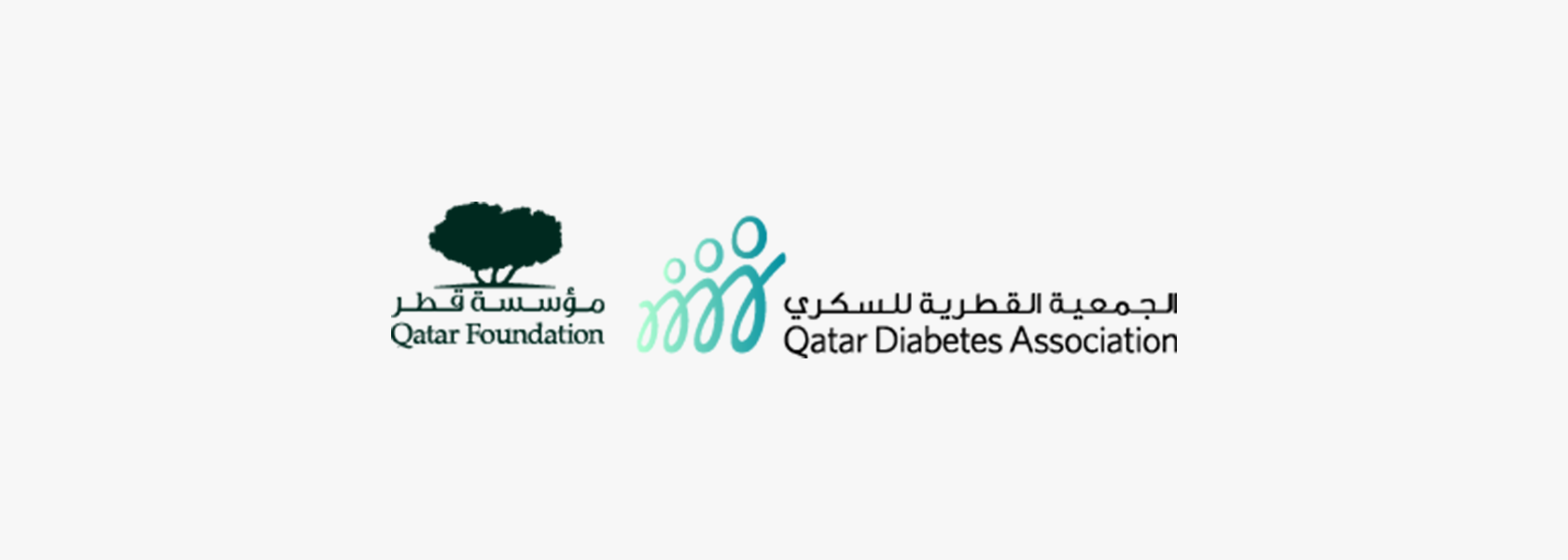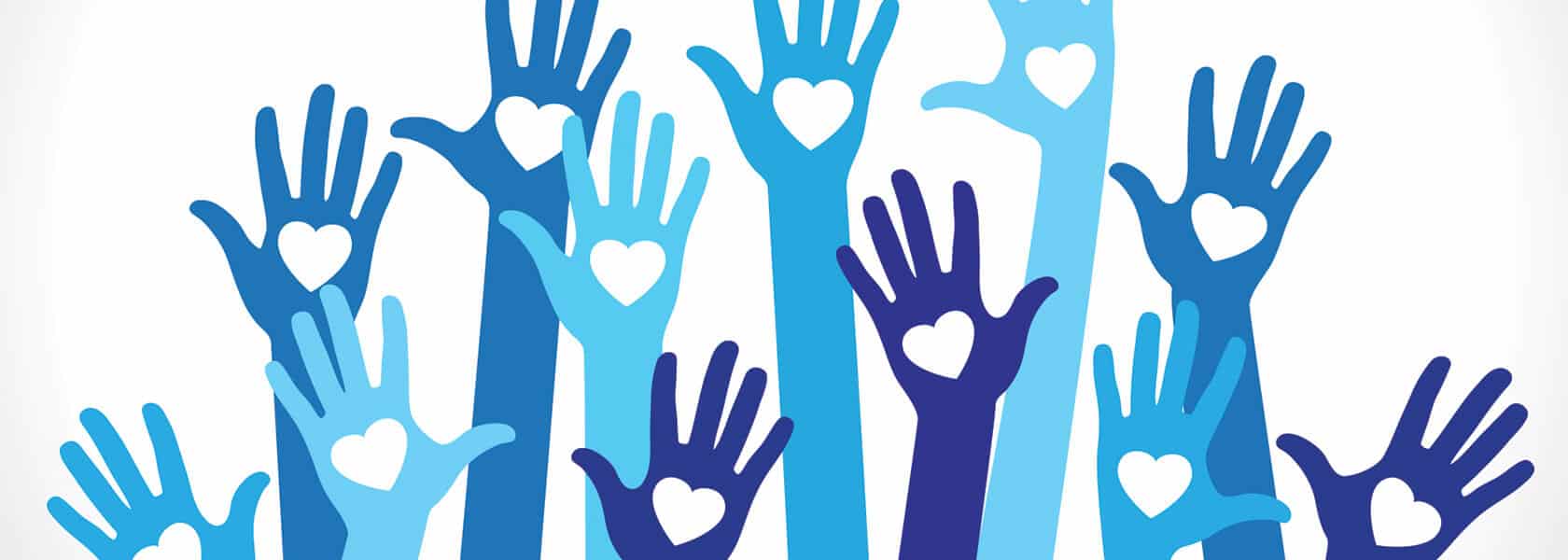- Home /
- ABOUT QDA
- /MEDIA CENTER
- /NEWS
- /Guidelines for fasting in Ramadan for diabetics
Guidelines for fasting in Ramadan for diabetics
19/05/2016

As the holy month of Ramadan is approaching it is important to check with your doctor whether you can fast or not. The doctor assesses your diabetes status and advises you accordingly. Generally people with diabetes who use insulin injection are exempted from fasting (especially children and pregnant women). As for those who use medicines and diet as treatment, have stable blood sugar levels and no other health issues they are allowed to fast with their doctor’s permission. Prior to starting the fast it is strongly advisable to see your doctor and discuss how to adjust your diabetes treatment
The month of Ramadan brings a lot of changes in eating pattern and lifestyle that might affect diabetes and weight control. For those people with diabetes whose fasting is allowed, it is important to be aware of the effects of fasting and changes in dietary patterns on blood sugar levels:
A greater risk of low blood sugar could be present during fasting hours whereas high blood sugar values are more prominent after break of fast. Health care providers advise to break the fast when you have any hypoglycemia symptoms or when your blood sugar level is below 70 mg/dl or higher than 300 mg/dl
- Dehydration could be a risk in hot weathers and especially with the limited amount of water taken to replace the long hours of fasting
In order to avoid the above and maintain blood sugar level within target during Ramadan you will need to:
- Do frequent blood sugar tests, especially on the first week to identify the trend in your BG with fasting and inform your doctors of any hypos and hypers to adjust the treatment accordingly. Monitoring you blood glucose level is very important at all times during Ramadan, so make sure you keep your blood sugar testing meter close to you.
- Limit the portions of food that is high in carbohydrate and sugar because it has a high impact on your blood sugar and can cause hyperglycemia
- Drink a lot of water starting from Iftar time until Suhoor to prevent dehydration and protect the kidneys
Below are practical tips to prevent low blood sugar and dehydration, In order to avoid having low blood sugar during your fasting day, make sure:
- Your Suhoor meal includes food items that are rich with fibers, such as: oats, beans, lentils, chickpeas, and fruits. Also adding sources of protein to your suhoor such as low fat cheese, labna, yoghurt and beans could prolong satiety feeling.
- Delay the Suhoor meal as much as possible
- Carry glucose tablets, or a bottle of juice, or a candy, to take it in case you had a low blood sugar while praying Tarawih at the mosque
Remember that blood sugar testing does not invalidate your fasting. Also it is important to
- Test your blood sugar before driving, to make sure you don’t have a low !
- Reduce your physical activity during fasting hours, especially before Iftar time
- Avoid sleeping for a long time while fasting, especially in the afternoon period and before Iftar time
As for reducing the risk of dehydration, in addition to drinking water, decrease the intake of caffeine found in coffee, tea, and soft drinks because caffeine causes frequent urination and water loss from the body
Conclusion
Fasting can be safe with diabetes by planning ahead with your healthcare team to assess your diabetes control, adjust your treatment and receive the appropriate education.
For questions or inquiries during Ramadan, contact QDA helpline on: 44547311 or 55274919 from 08:30 am until 01:30 pm & from 08:00 pm until 11:00 pm 55981331 .
Separate Sections on food
Engage your family in maintaining good eating habits by adopting healthy cooking and
- Prepare food cooked, baked or grilled instead of fried
- Avoid salty food such as nuts and pickles.
- Include more fresh and cooked vegetables in your meals because they are high in fiber low in carbohydrates and provide vitamins, minerals and phytonutrients
Remember that fatty meals when coupled with carbohydrate can cause a delayed and prolonged blood sugar increase
What type of food is high in carbohydrate? Carbohydrates affect blood sugar levels directly so one should be careful with intake of food like rice, pasta, bread and pastries, potato, legumes, and fruits.
In addition fresh and canned juices, sweet beverages, pastries and desserts cause a strong spike in blood sugar level and it is preferable to avoid them or restrict their intake to the minimum.



